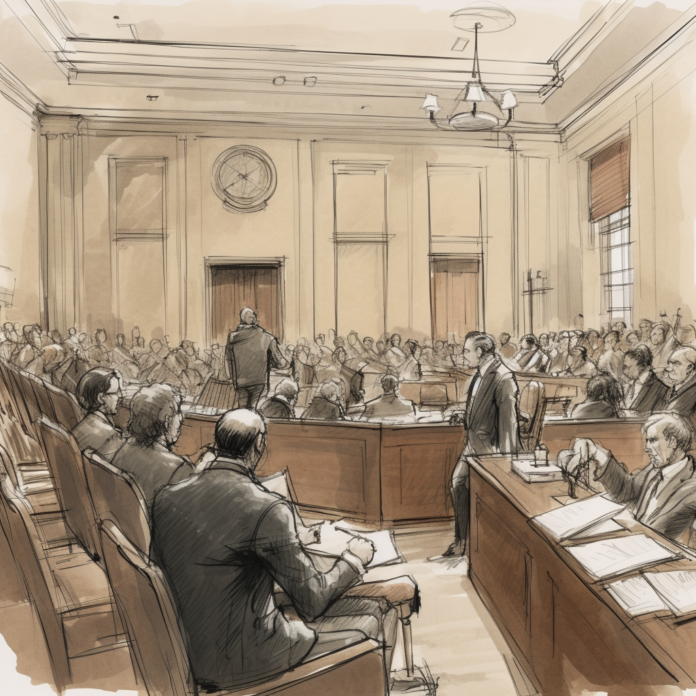In a high-stakes legal showdown, the U.S. government has implored a Delaware bankruptcy judge to reject Lordstown Motors Corp.’s Chapter 11 sale, citing grave concerns regarding the protection of the buyer from government liabilities associated with electric truck recalls.
The U.S. has raised a red flag, asserting that the proposed sale order seeks to insulate LAS Capital and its majority equity holder, Stephen Burns, from any future government-related liabilities. The core of the dispute revolves around whether bankruptcy proceedings can serve as a shield against unforeseen recall obligations.
Unyielding Government Opposition
The U.S. vehemently opposed Lordstown’s proposed sale order, emphasizing that electric trucks produced by the company currently face recall issues and may encounter more in the future. The U.S. underscored that bankruptcy proceedings must not become a convenient loophole for buyers to evade future government liabilities. It firmly argued that “future recall obligations cannot be subject to a sale of free and clear of interests because such obligations are completely unknown and depend entirely on the fortuity of future occurrences.”
Lordstown’s Rocky Journey
Lordstown Motors Corp., an Ohio-based electric-truck manufacturer, initiated Chapter 11 proceedings in June with debts ranging from $100 million to $500 million. The company’s tumultuous journey includes an attempt to sell its assets and seek billions in damages from Taiwanese tech manufacturer Foxconn EV Technology Inc., alleging a failure to honor a promised partnership.
The Current Sale Proposal
Lordstown now contemplates a potential sale in which LAS Capital and Stephen Burns would acquire assets integral to Lordstown’s electric vehicle production for commercial fleets, in exchange for $10 million. However, the objection posits that this sale order suggests LAS and Burns may transition into manufacturers themselves using the assets obtained.
Safety Act Concerns
Manufacturers fall under the purview of the National Highway Traffic Safety Administration (NHTSA), which sets safety standards and mandates recalls under the National Traffic and Motor Vehicle Safety Act. Notably, Lordstown currently grapples with three recalls concerning a line of electric pickup trucks. The U.S. warns that more recalls may loom on the horizon post-sale.
The Battle Against Bankruptcy Code Section 363
Despite the provisions of U.S. Bankruptcy Code Section 363 allowing asset sales free and clear of preexisting liens, the U.S. steadfastly maintains that a sale order should not be an escape route from abiding by Safety Act requirements. The buyer must remain subject to these requirements, irrespective of the sale’s terms.
Legal Wrangling Over Sale Terms
The U.S. government has not minced words in its objections to the sale order. It has criticized the order for unduly narrowing the window for appeals, making the sale effective immediately upon entry, and waiving certain stays. The order also extends the limits of Bankruptcy Code Section 525 by attempting to obligate government agencies to uphold and renew licenses, permits, or related obligations tied to the purchased assets, irrespective of the bankruptcy or sale.
U.S. Pushes for Resolution
The U.S. has proposed language in September to address these concerns within the sale terms and an additional objection related to mutual releases. However, Lordstown’s reluctance to incorporate this proposed language in its original form has led to this protracted legal battle.
No Response from Lordstown
As of now, there has been no response from lawyers representing Lordstown.



